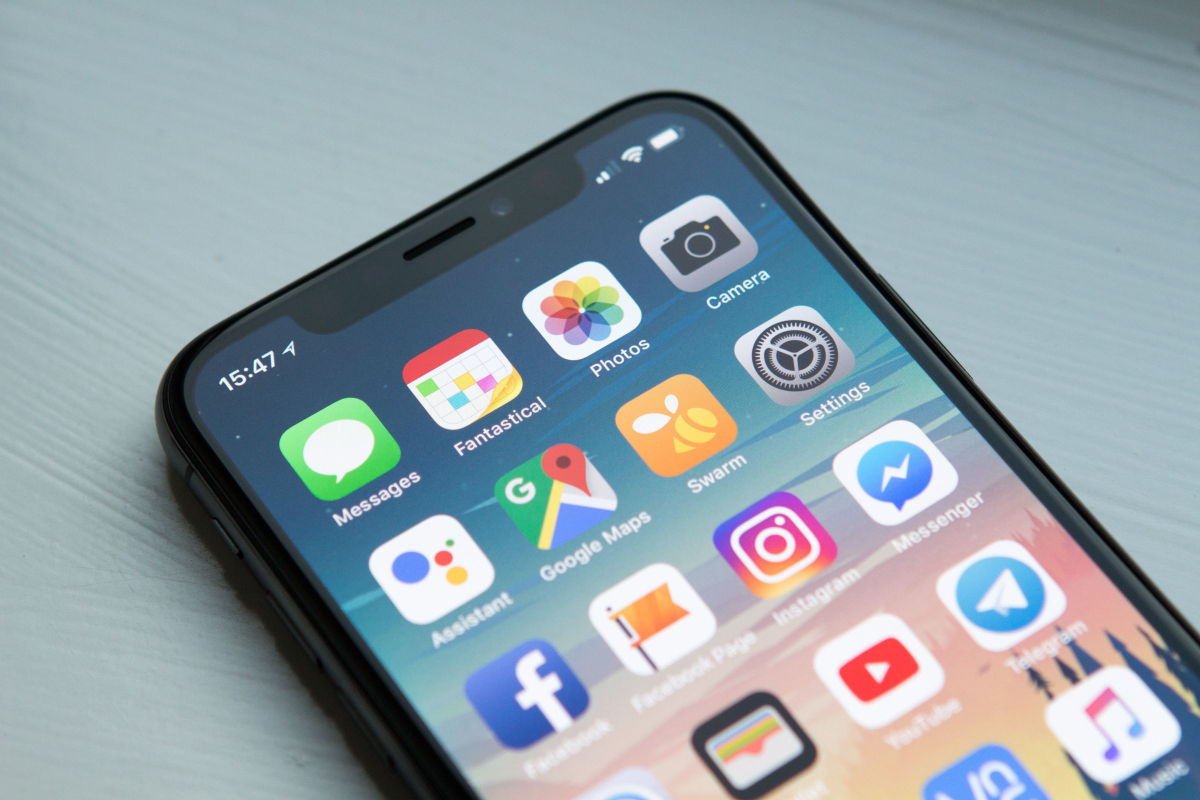Big Lawsuit Could Change How Phone Companies Protect Your Data
A major lawsuit has been filed against some of the biggest phone companies in the United States. This case could bring significant changes to how these companies handle and protect your personal data. The phone companies involved in this lawsuit include Verizon, T-Mobile, and AT&T. Let’s dive into what this lawsuit means and how it could impact both the phone companies and their customers.
What Is the Lawsuit About?
The lawsuit claims that these phone companies did not do enough to protect their customers’ personal data. Personal data includes things like your name, address, phone number, and even your location. Shockingly, it also alleges that some employees at these companies were stealing customers’ nude photos. The lawsuit states that hackers were able to steal this information because the phone companies did not have strong enough security measures in place.
Why Is This Lawsuit Important?
This lawsuit is crucial because it highlights the growing concern about data privacy and security. In today’s digital age, almost everyone relies on their phones for communication, shopping, banking, and more. This means that phone companies have a lot of personal information about their customers. If this information falls into the wrong hands, it can lead to identity theft, fraud, and other serious problems. The fact that employees were allegedly involved in stealing sensitive photos makes the issue even more serious and underscores the need for better security and employee oversight.
The Ruling by US District Judge Stanley Bastian
US District Judge Stanley Bastian is overseeing this case. His ruling on this matter will have a significant impact on how phone companies manage and protect customer data. Judge Bastian has emphasized the need for stricter security measures and accountability within these companies.
How Will This Impact Phone Companies?
If the phone companies lose the lawsuit, they could face huge fines. More importantly, they will need to improve their security systems to protect customer data better. This could mean investing in new technologies, hiring more security experts, and changing their data handling practices. These changes could be costly, but they are necessary to protect customers and restore trust.
What Are the Phone Companies Doing to Protect Customers?
In response to the lawsuit, the phone companies have stated that they are taking steps to improve their data security. Here are some of the measures they are planning to implement:
- Stronger Encryption: Encryption is a way of scrambling data so that it can only be read by someone with the correct password. By using stronger encryption methods, phone companies can make it harder for hackers to steal data.
- Regular Security Audits: Security audits involve checking the company’s systems to find and fix any weaknesses. By conducting regular audits, phone companies can stay ahead of potential threats.
- Two-Factor Authentication: Two-factor authentication adds an extra layer of security. It requires customers to provide two forms of identification before accessing their accounts. This could be a password and a code sent to their phone, for example.
- Employee Training and Oversight: To prevent employees from stealing sensitive information, phone companies will likely implement stricter oversight and training programs. This can help ensure that employees understand the importance of data privacy and the consequences of violating it.
- Customer Education: Phone companies are also planning to educate their customers about how to protect their personal information. This could include tips on creating strong passwords, recognizing phishing scams, and more.
How Will This Affect Customers?
For customers, this lawsuit could lead to better protection of their personal information. With stronger security measures in place, it will be harder for hackers to steal data. This means customers can feel more confident about using their phones for various activities.
However, there may be some downsides. For example, implementing these new security measures could lead to higher costs for phone companies, which might be passed on to customers through higher bills. Additionally, some security measures, like two-factor authentication, might be seen as inconvenient by some users.
This major lawsuit against Verizon, T-Mobile, and AT&T is a wake-up call for the entire phone industry. It underscores the importance of data security and the need for phone companies to take stronger measures to protect their customers’ personal information. While the changes may be costly and could lead to some inconvenience, they are necessary to ensure that customer data is kept safe in an increasingly digital world. Customers can look forward to better protection and more peace of mind when using their phones.


